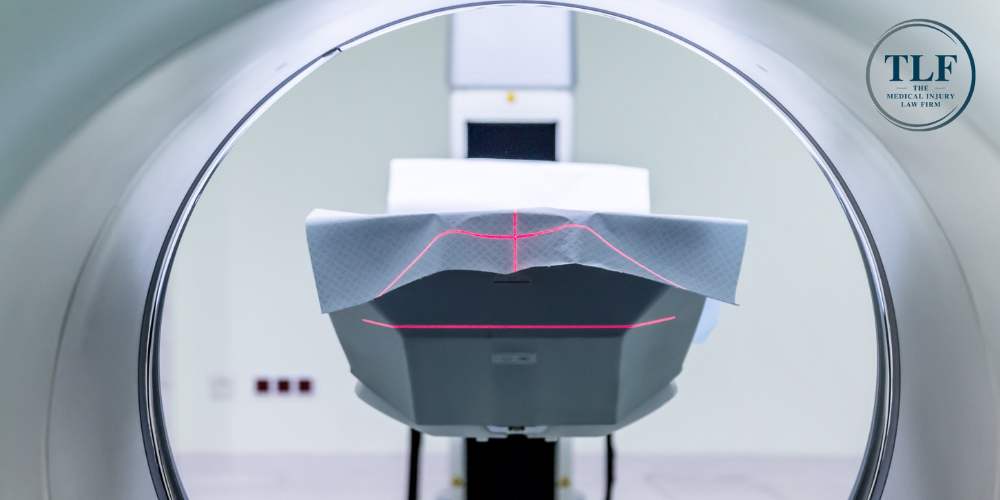Hospital equipment is designed to help medical personnel diagnose, treat, and monitor patients, allowing doctors and nurses to provide essential healthcare to the sick and injured. Unfortunately, some of this equipment can be extremely dangerous, especially when safety protocols are ignored. One example of this is the case of Ainah Cervantes.
In a California healthcare clinic in 2023, the door to an MRI room was left open when the MRI machine inside the room was activated. The MRI machine–which is designed to generate a very powerful magnetic field–pulled a metal hospital bed into the imaging room through the open door, causing the bed to be violently launched toward the machine. Cervantes was between the bed and the MRI machine when the machine was activated, causing her to be crushed between the two objects.
If hospital staff had adhered to MRI safety protocols, this accident could have been avoided. Cervantes survived, but she suffered crushing injuries as a result of the incident. Sadly, not all MRI accident victims are so lucky. If you or a loved one has suffered from injuries as a result of an MRI accident, you may be able to file a claim for compensation. The Ohio and Northern Kentucky radiology malpractice attorneys at TLF: The Medical Injury Law Firm have the knowledge and resources to help MRI accident victims seek justice for their losses.
Let us help you on your journey toward recovery–call our law firm toll-free at (800) 698-4054 or contact us online to schedule a free consultation with an attorney on our team.
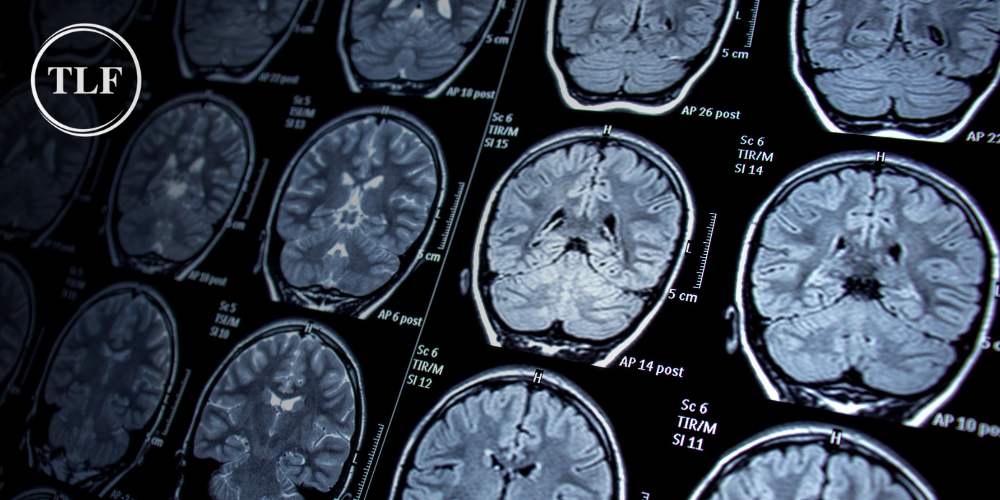
What is an MRI?
Magnetic resonance imaging (MRI) is a non-invasive medical imaging technique used to visualize the internal structures of the human body. Unlike X-rays or CT scans, however, MRI does not use ionizing radiation to scan patients. Instead, it uses a powerful magnetic field and radio waves to create highly detailed images of organs, tissues, and bones.
How Magnetic Resonance Imaging Works
MRI works by magnetically aligning hydrogen atoms in the body with the machine’s magnetic field. After that, radio waves are emitted from the machine, causing the atoms to temporarily deviate from their alignment. When the radio waves are turned off, the atoms realign with the magnetic field, causing them to send back small radio signals.
Specialized computer systems are then used to detect these signals and generate detailed images of the patient’s internal bodily structures from them. An MRI scan can take about 30 to 60 minutes and will require the patient to stay as still as possible until the scan is complete. An MRI technologist will control the machine in another room, but should be able to see and hear everything inside the MRI room.
Potential MRI Complications
MRI scans can result in side effects such as nausea, dizziness, and rash, but normally do not result in any serious injuries. The magnetic currents used in MRI procedures can also cause patients to experience peripheral nerve stimulation, which may cause muscles to twitch or slightly tingle.

Types of MRI Accidents
While most MRI procedures are conducted without incident, small mistakes can lead to serious MRI accidents, which can injure or even kill individuals near the machine. Below are some of the most common types of MRI incidents.
Burns
Retained metal or unremoved jewelry may heat up as a result of the magnetic field, causing it to burn the patient. Additionally, things like “tissue loops” can cause magnetic current to be conducted through the human body during the scan, which can create small but serious burn injuries at points of skin-to-skin contact.
Projectile Accidents
Due to the powerful magnetic field generated by MRI machines, large metal objects can be pulled toward the machine during scanning, as we saw in the case with Ainah Cervantes. This can cause patients, medical staff, and/or bystanders to be struck by the objects, which can range in size from small metal objects to large medical devices and pieces of equipment.
Hearing Damage
While in operation, MRI scanners make loud banging sounds, which can get as loud as 120 decibels, or the noise level of a rock concert. Prolonged exposure to these high noise levels without adequate ear protection can cause temporary or permanent hearing loss, as well as tinnitus (ringing in the ears) or hyperacusis (increased sensitivity to sound).
Claustrophobia and Anxiety
When getting an MRI, patients are put into a tube-like structure that surrounds a portion of their body and are required to stay completely still within that confined space for extended periods of time. This can cause patients with claustrophobia or anxious tendencies to become uncomfortable or start to panic when inside the MRI scanner. These psychological reactions can make it difficult for the patients to complete the imaging procedure, which may cause the scan to be terminated early or may require the patient to be sedated.
Quenching Incidents
In order to generate the magnetic field required for the imaging procedure, MRI machines use large superconduction coil windings. When energized, these coils generate a lot of heat and need to be cooled with liquid helium. If the coils get too hot, however, they can cause the liquid helium to convert to a gas and can cause the magnetic field to weaken. The gasses and magnetic field fluctuations generated by quenching accidents can be seriously harmful to patients and other nearby individuals.
Implant Displacement
The magnetic field generated by an MRI scanner can cause metallic implanted devices, like stents, plates, and pacemakers, to become displaced within the body, which can be extremely harmful. Depending on the nature and location of the implant, patients may experience injuries ranging from minor discomfort to serious health complications.
Contrast Agent Reactions
Some MRI procedures require patients to receive a contrast agent, which can help generate more detailed scans of certain structures like organs and veins. While contrast agents are generally safe, some patients may experience allergic reactions to contrast agents which, in certain cases, can lead to a severe health event or even death.
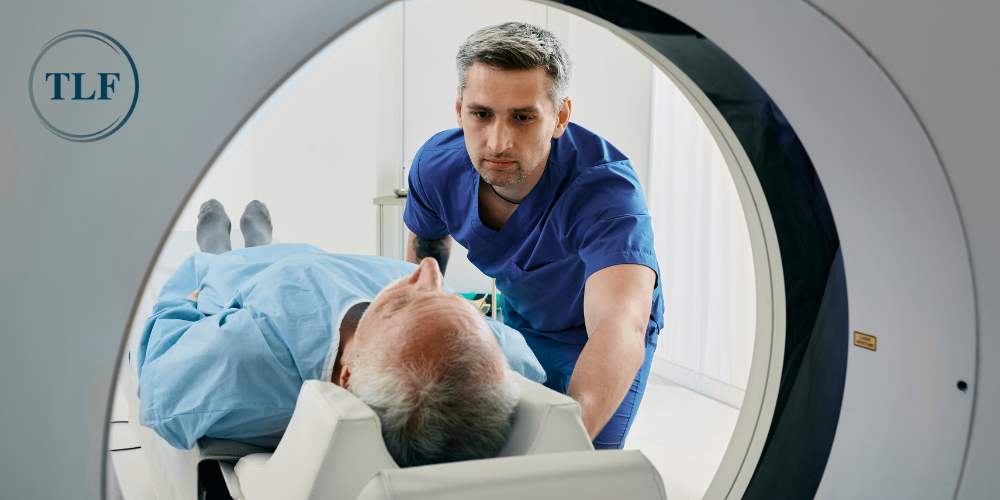
Potential Causes of MRI Accidents
There are a number of things that can cause an MRI accident, some of which include:
- Improper management of the magnetic resonance environment
- Inadequate patient screening
- A lack of MRI safety training for healthcare providers
- Improper equipment maintenance
- Improper patient positioning
- Failure to follow safety protocols
- Equipment malfunctions
In order to ensure patient safety and the safety of those near the MRI machine, MRI personnel must take the proper safety precautions and adhere to established protocols. Additionally, hospitals should ensure that they provide medical professionals with the proper training and take proper precautionary measures to prevent accidents and injuries.
How To Prevent MRI Accidents
There are many ways that MRI accidents can be prevented, including:
- Thoroughly screening patients for metallic objects and metal implants before they enter the MRI room
- Providing comprehensive training for healthcare professionals on MRI safety practices, emergency procedures, and potential hazards
- Ensuring proper maintenance of MRI equipment
- Limiting access to the MRI room to authorized personnel and enforcing strict rules regarding the presence of metal objects around the MRI room
- Educating patients on the risks associated with MRI procedures and the importance of disclosing any relevant medical history
- Ensuring clear communication between medical personnel, patients, and others in the hospital throughout the process
In order to remind individuals of the importance of MRI safety, some medical organizations observe MRI Safety Week. This is a week in July in which professionals throughout the industry participate in MRI safety events to refresh their knowledge and safety protocols surrounding MRI procedures.
MRI Safety Checklist
Before a patient undergoes an MRI procedure, medical personnel should use a comprehensive MR safety checklist to prevent any potential accidents. This includes:
- Thoroughly screening patients for any metallic foreign body implants, devices, and other devices
- Ask patients about their medical history, allergies, and past allergic reactions to contrast dye, if applicable
- Provide patients with clear instructions regarding the MRI procedure and what to expect during the scan
- Educate patients on the importance of removing all metallic objects, including jewelry, clothing with metallic threads, and accessories, before entering the MRI environment
- Educate patients on any existing safety alarm system to ensure emergencies in the MRI environment are reported
- Adhere to all hospital safety protocols and engage in active communication with other MRI personnel
- Adhere to emergency procedures in the event of any MRI machine incidents
- Regularly inspect magnetic resonance equipment to ensure functionality and detect malfunctions
Going through this checklist can help enhance safety and reduce the risk of MRI machine accidents.
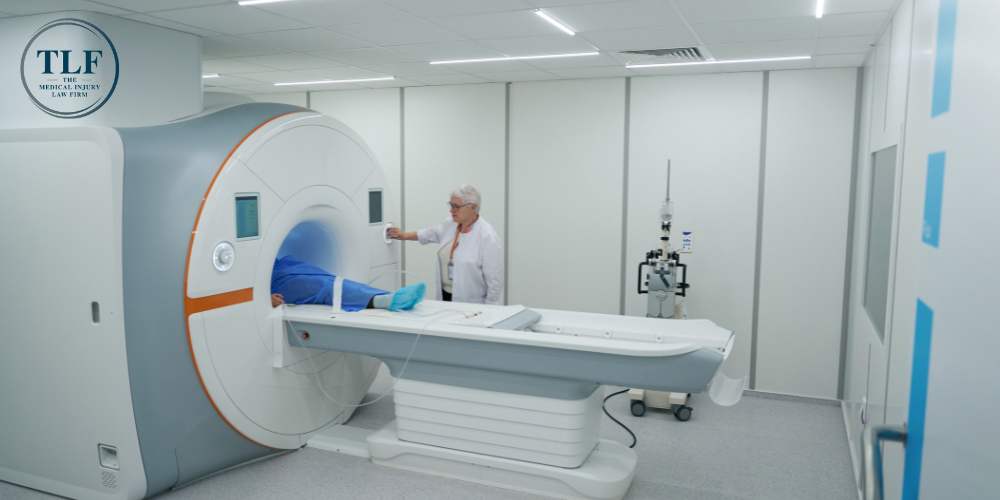
Can You Sue for an MRI Machine Accident?
Yes, if you have suffered injuries as a result of an MRI machine accident, you may be eligible to file a personal injury lawsuit to seek compensation for your losses. MRI accidents are almost always preventable, so when they do occur, it’s important that the people who were responsible for the accident are held liable for their actions.
Patients who have experienced harm during an MRI procedure, or family members of patients who have passed away as a result of an MRI accident, may be eligible for an MRI accident lawsuit. Additionally, healthcare professionals who suffer from an MRI-related workplace injury accident may be able to take legal action for their losses.
Legal Rights and Recourse After an MRI Accident
Patients who suffer from injuries as a result of an MRI may be able to file a medical malpractice lawsuit against radiology personnel, hospital administration, or other negligent physicians who may have played a role in their damages. If a patient passes away as a result of an MRI accident, immediate family members may also be able to file a wrongful death lawsuit against the negligent parties who caused their loved one’s death.
If you believe you are eligible for an MRI accident lawsuit, an experienced medical malpractice lawyer can help determine whether or not you have grounds for a claim. They’ll investigate the circumstances surrounding the incident, review medical records, and gather evidence to determine liability. They can even help you file a legal claim for compensation and ensure you receive justice.
How TLF: The Medical Injury Law Firm Can Help
Medical malpractice claims are complicated and require knowledge of negligence law as well as knowledge of best practices in the medical field. Luckily, victims of medical malpractice in Ohio and Northern Kentucky can turn to TLF: The Medical Injury Law Firm.
We understand how devastating medical injuries can be, which is why we’re dedicated to providing comprehensive and steadfast legal support to victims of MRI accidents. Our skilled attorneys will work tirelessly to investigate the circumstances surrounding your case, identify the liable parties, and build a strong legal strategy to pursue maximum compensation on your behalf.
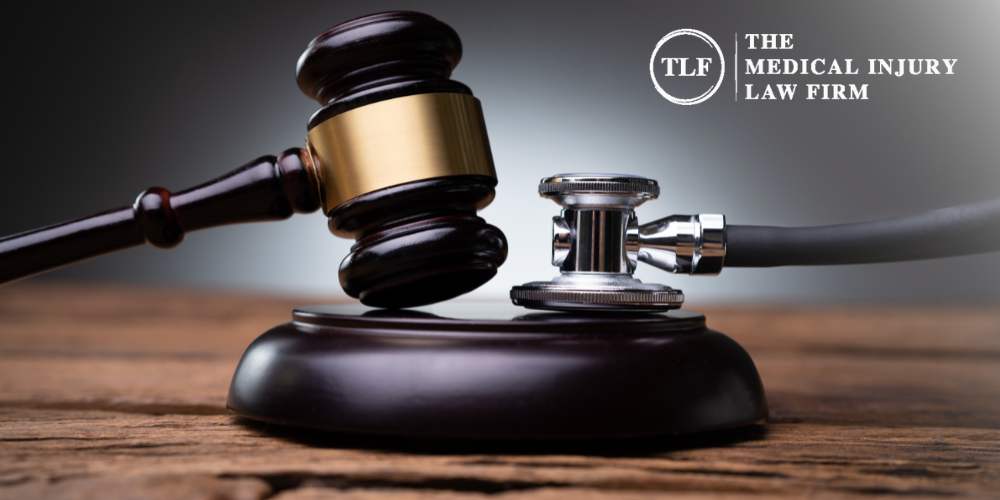
Call a Cincinnati Medical Malpractice Attorney at TLF Today For a Free Consultation
MRI accidents are unacceptable, and medical professionals should be held responsible for failing to prevent them. If you or a loved one has been injured in an MRI accident, don’t hesitate to seek legal guidance from a trusted, local medical malpractice law firm like TLF: The Medical Injury Law Firm.
When you choose us to represent you, you can trust that our attorneys will thoroughly investigate your case, identify liable parties, and pursue the compensation you deserve for your losses. We’ll guide you through every step of the legal process, providing you with clear communication and compassionate support from start to finish.
TLF offers a free initial consultation to all new clients, so you can receive legal advice on your case regardless of your financial situation. Ready to schedule your free consultation? Call our Cincinnati, OH office at (513) 643-1689, or our Covington, KY office at (859) 898-2472. You can also call us toll-free at (800) 698-4054 or contact us via our website to get started.

